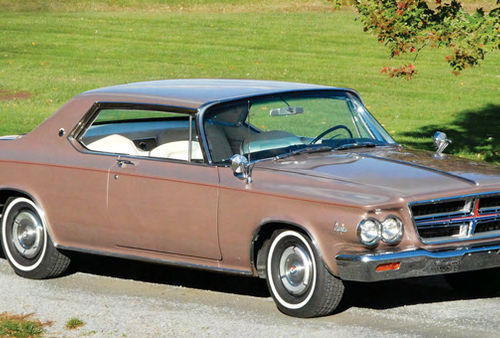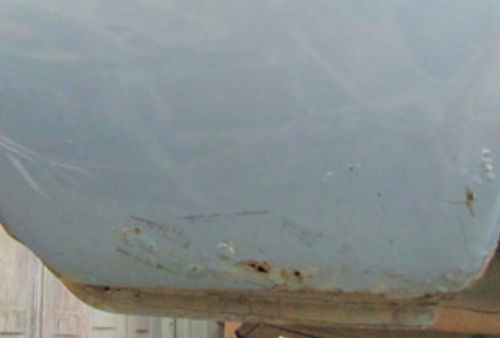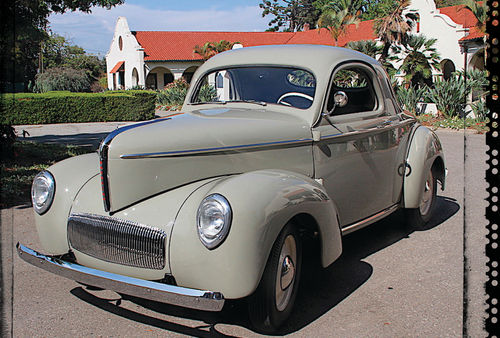My Packard runs fine... ...for a half-hour
Question:
I have a 1950 Packard with the 288 cid engine and Ultramatic transmission, and I thought I would ask you about the problem I’m having before I start replacing things.
The car runs fine for about a half-hour or so but then the idle gets very rough, there is a noticeable loss of power, and if I keep driving for a longer period it will begin to buck and stall out, even at 40-50 mph. Trying to restart it requires another half-hour with the hood open.
I had some overheating problems in the past but after a new water pump, a flushed-out radiator and a cleaned-up distribution tube it is much better but is still not a parade car on a hot day. According to the temperature gauge the car gets warmed up in about five minutes. After everything under the hood gets nice and toasty it goes downhill.
I was thinking the coil might be the problem; it’s 61 years old. I’ve only replaced the plugs so far but that was more to put in non-resistor types.
Answer:
The coil could very well be the source of the problem because if it is weak to begin with its performance will deteriorate further as it gets hotter and hotter.
Use an ohm meter to test the resistance of the coil to get an idea of its internal condition. Test the coil when it’s both cold and hot to see if the heat has any significant affect on its performance.
Also, bear in mind that a problem with the ignition switch will often be misdiagnosed as a problem with the coil.
The power supply to the coil goes through the ignition switch and if the switch is corroded or has a lot of resistance for any reason it, too, may get worse with heat.
If the coil is OK then test the function of the ignition switch. One easy way to do this is to bypass it and run power from the battery directly to the coil’s power circuit when the car stalls and won’t immediately restart.
Another possible cause of your stalling condition is fuel percolation.
Even if the engine’s coolant temperature isn’t high enough for the engine to overheat per se, there could be localized areas inside of the engine that are considerably hotter than the coolant. Carbon deposits inside or on the underside of the intake manifold can cause localized hot spots that can cause the fuel to boil.
Fuel also can get overheated if the fuel line is too close to the engine or exhaust system or if the carburetor is getting cooked because it needs an insulator.
A weak fuel pump can further aggravate a fuel percolation problem because insufficient fuel pressure can’t overcome the vapor lock created by the boiling gas.















